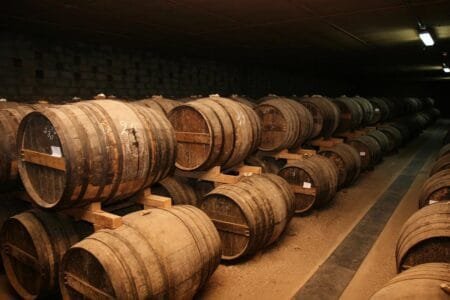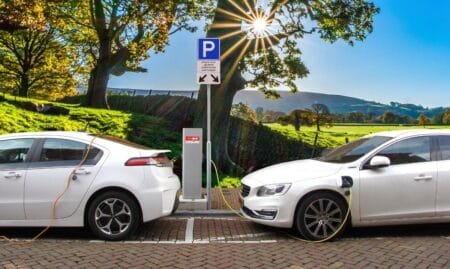After 25 years of negotiation, the EU and the Mercosur countries (Brazil, Argentina, Paraguay and Uruguay) concluded the EU-Mercosur trade deal negotiations in Montevideo on Friday.

The agreement was hailed as an “historic milestone” by the European Commission president Ursula von der Leyen. “EU-Mercosur is the biggest agreement ever, when it comes to the protection of EU food and drinks products. More than 350 EU products now are protected by a geographical indication. In addition, our European health and food standards remain untouchable. Mercosur exporters will have to comply strictly with these standards to access the EU market. This is the reality of an agreement that will save EU companies €4 billion worth of export duties per year.”
The key details from the agreement are yet to emerge, however, reflecting differing views from European industry and elsewhere.
spiritsEUROPE says the agreement, once in force, will stimulate local production and job creation, facilitate trade, and provide greater choice for consumers, while establishing a robust economic partnership between the EU and Mercosur and deepening cooperation on sustainable development.
The agreement will also, it says, cement the EU’s role as a reliable partner for Mercosur to address shared global challenges, at a time when both regions face significant geopolitical challenges.
Environmental groups are deeply concerned, however.
However, environmental groups are deeply concerned. CAN Europe attacked the “shady deal” as “a full-frontal assault on democracy. It was negotiated behind the backs of citizens, despite widespread concerns from different sectors of society.”
The Commission says the official documents will be published online over the next days, and acknowledges that the end of negotiations constitutes “the first step in the process towards conclusion of the agreement”.
The Commission says the deal will boost strategic trade and political ties between like-minded and reliable partners, support economic growth and boost competitiveness by opening up trade and investment opportunities and securing sustainable access and processing of raw materials.
It says it has considered the interests of all Europeans, including the critically important EU farming sector. It will help increase EU agri-food exports while protecting sensitive sectors, and upholds the EU’s standards on animal health and food safety, preventing unsafe products from entering our market.
The EU executive adds that the agreement will boost create new opportunities for all kind of businesses, removing often prohibitive tariffs on EU exports to Mercosur, ensuring trade preferences in strategic net zero industry sectors such as renewable energy technologies, and low-carbon fuels, and will help small and medium enterprises export more by cutting red tape. It will also secure an efficient, reliable and sustainable flow of raw materials critical for the global green transition.
On sustainability, the EU executive says EU-Mercosur sustainability commitments will make the Paris Agreement an essential element of the EU-Mercosur relationship, there will be concrete commitments to halt deforestation, clear and enforceable commitments on sustainable development, including on labour rights and sustainable management and conservation of forests.
Factsheet key facts about the agreement
Factsheet on Sustainable Development






